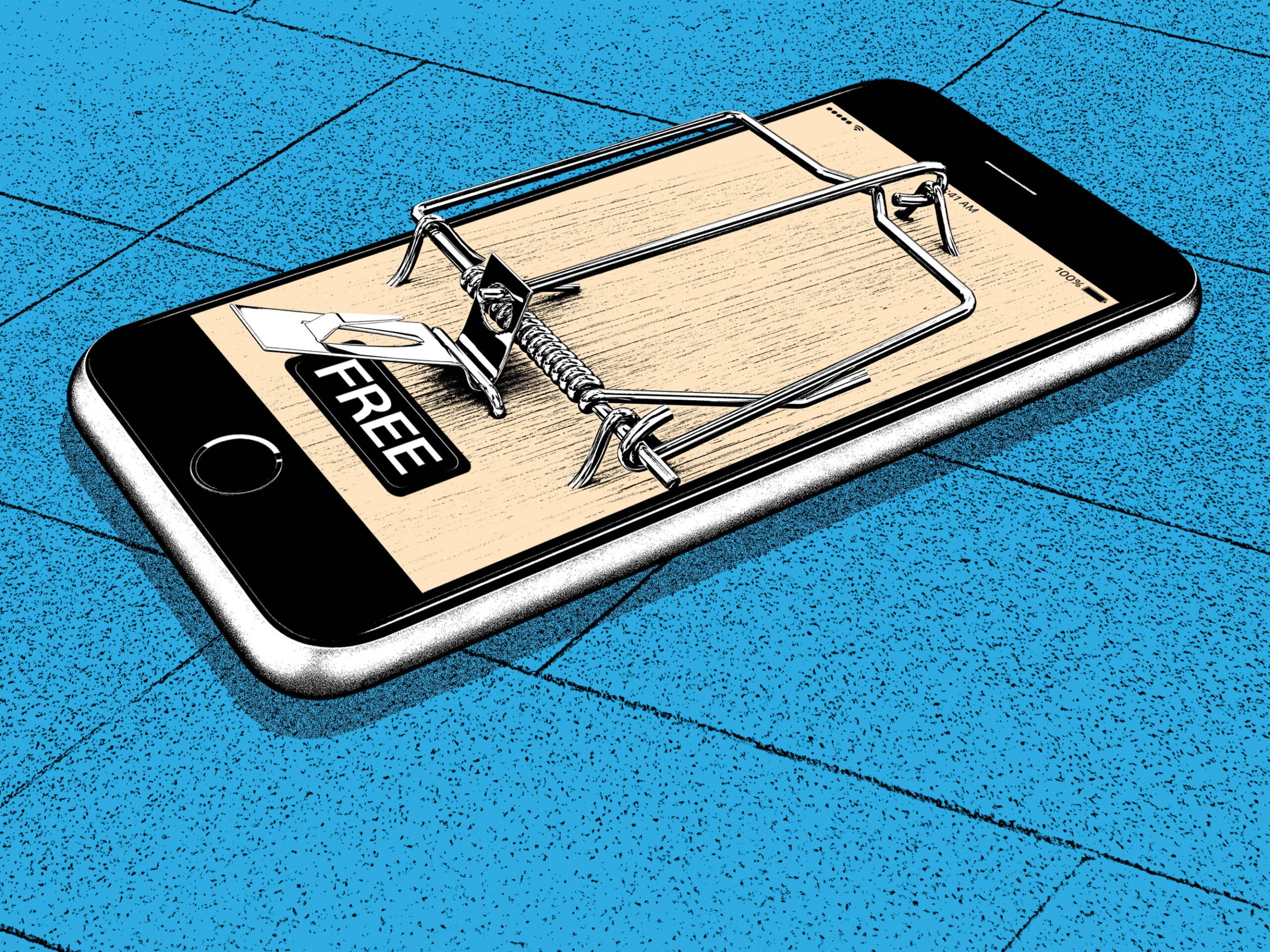
There is no denying that social media has become ingrained in our lives as a daily chore and is here to stay. The introduction of social media has significantly changed how we communicate with one another, form relationships, and spread information. Nothing is free, and neither is social media.
There is a dangerous terrain— the social media trap lurks beneath the shiny veneer of likes, comments, and continuous scrolling. These snares pose a threat to our sanity, productivity, and well-being. In this article, you’ll get a clear picture of social media and some suggestions for avoiding them.
Table of Contents
What Are Social Media Traps?
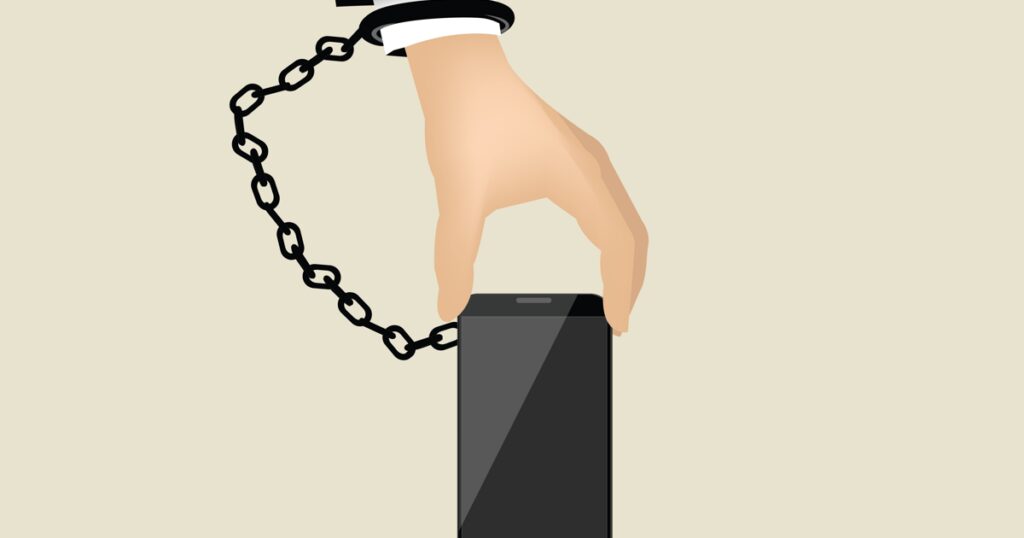
Source: politico.eu
Social media traps refer to the adverse effects of social media on our lives. Even the most cautious users might fall victim to the social media trap. It’s a web of online behaviors and psychological tendencies.
Observing how others approach the topic can be good to avoid falling into this trap. For example, social media experts may discuss the pitfalls and potential solutions to this problem on relevant forums. You might even want to take a look at UK service reviews and find out potential lures on social media shared by experienced customers. It might save you from getting scammed or buying something you would not want.
Anyways, these traps can manifest in various ways, such as:
Confirmation Addiction
One of the most prevalent social media traps is the persistent quest for likes, comments, and shares. This attitude can lead to confirmation addiction, in which one’s self-worth becomes tightly entangled with social media popularity.
Self-Marketing
Those who seek to incite envy in others fall victim to social media. Such people use it as a platform for self-promotion and flaunt their wealth and lavish lifestyle when it was created to facilitate communication between people.
Infinite Scrolling
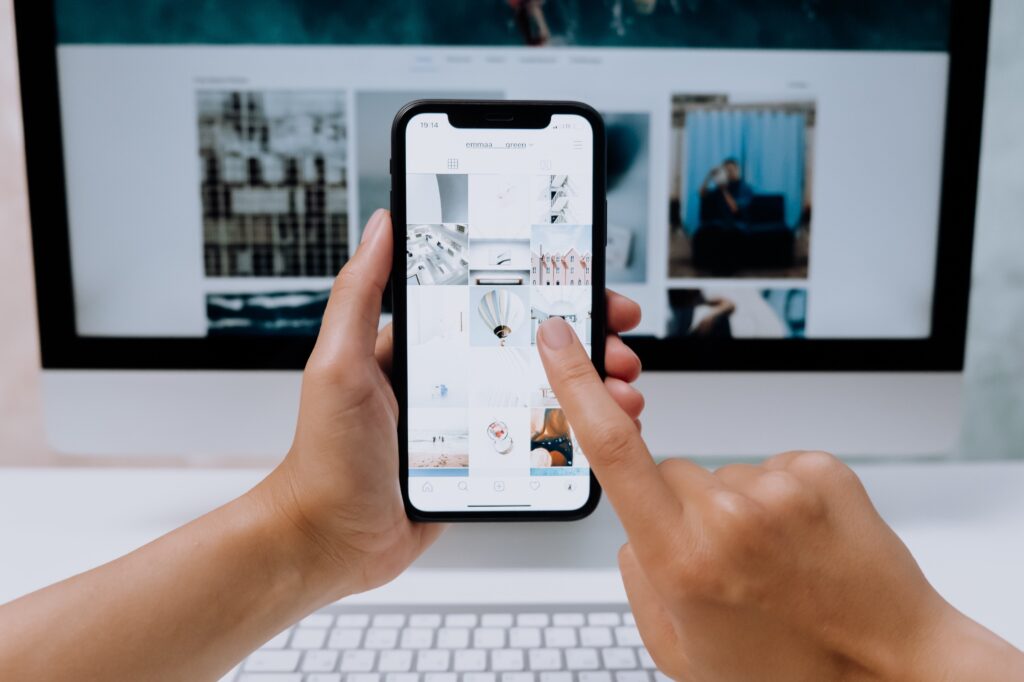
Source: orpetron.com
Most social media sites have an “infinite scroll” option to keep users interested indefinitely. You’ll habitually mindlessly scroll through your feed for hours because it never stops delivering fresh content. It is easy to get trapped in social media and waste hours reading everyone else’s updates.
Comparison
Comparison is another snare on social media. The viral reels of others’ lives on social media can be easily compared to yours, leading to feelings of inadequacy and low self-esteem. Young people, who are still forming their identities, are especially vulnerable to the harmful effects of this trap.
Fear of Missing out (FOMO)
Social media updates are a common source of stress for many people because of the fear of missing out (FOMO). When people look at the seemingly perfect lives of others online, they can’t help but feel inadequate about their own.
Are You a Victim of Social Media Traps?
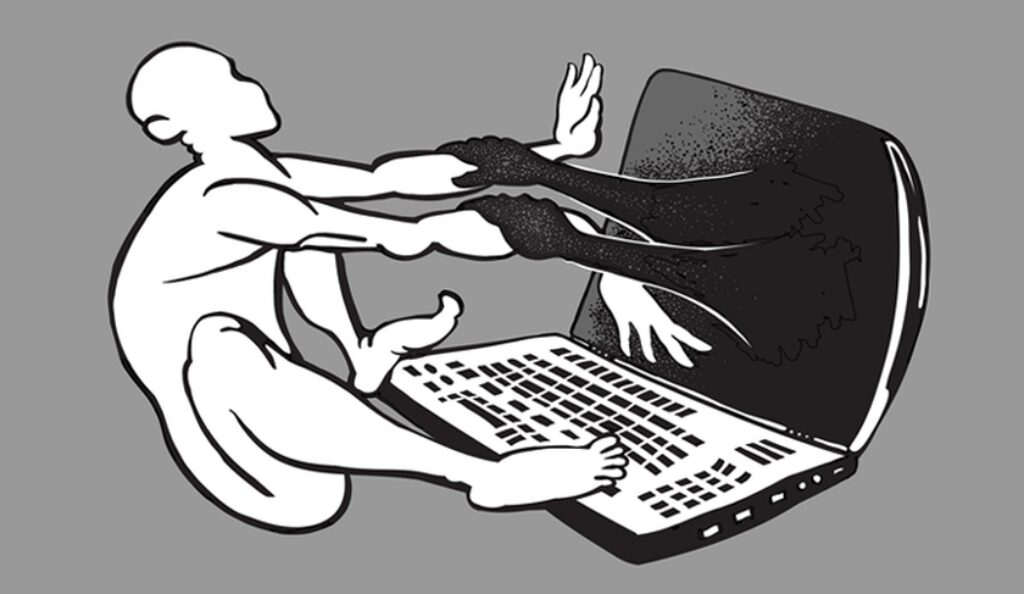
Source: medium.com
To know if you have become trapped by social media, look for the following signs.
- A trap may be looming if you spend unhealthy time on social media.
- Do your moods change with post-reactions? Emotional instability on social media indicates entrapment.
- Reconsider your social media use when online connections trump real-life ones.
- You may also become trapped if you cannot focus on life goals, lose productivity, or have issues with your self-esteem.
How to Avoid Social Media Traps?
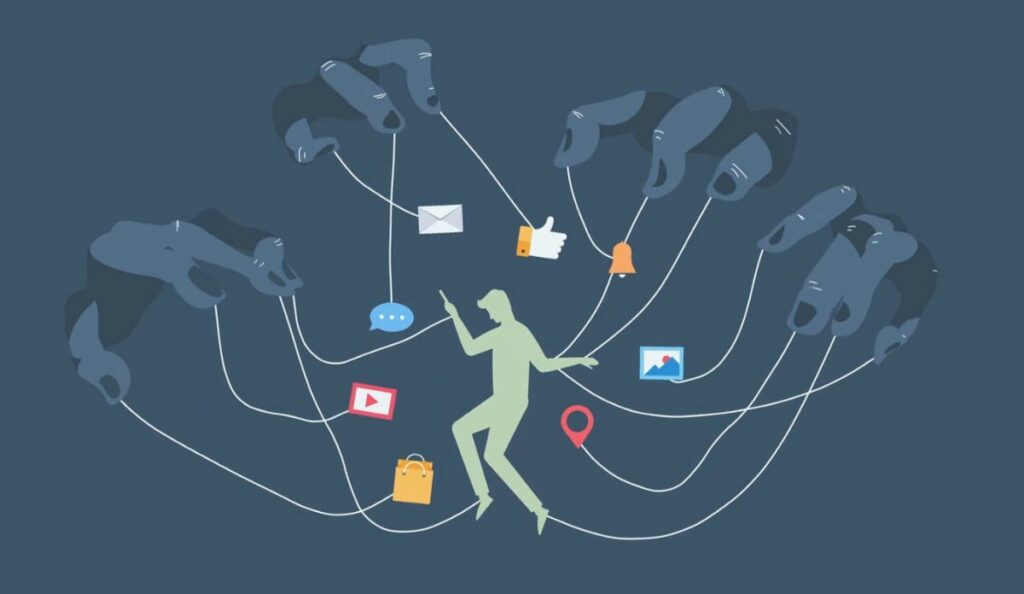
Source: bootcamp.uxdesign.cc
Set Boundaries
Limiting your daily social media usage is necessary to achieve this. Use a timer or an app that keeps tabs on your usage to keep yourself in check. Establishing limits will free your time and energy for more meaningful pursuits.
Practice Mindfulness
Mindfulness and attention to your emotions are vital while using social media. Think about why you want to share this information before you hit the “Post” button. Is the motivation to post to gain approval or help your online group?
Be Selective
Take care of what you choose to read on social media. You should follow accounts that make you happy and uplift you. Do not keep up with people or places that bring you down; unfollow them. Remember that you have complete control over your social media feeds.
Take a Break, but Don’t Cut Off All Social Media

Source: health.clevelandclinic.org
Taking a break will allow you to re-energise and readjust your focus. To achieve this, you should put away your phone and spend time doing something you enjoy. Plan phone-free and face-to-face activities to strengthen relationships. Avoiding it completely cuts off social ties that might not have been possible without it. Positive and healthy social media use is possible.
Seek Support
Do not hesitate to reach out for help if you are having trouble escaping the pitfalls of social media. Share your emotions with someone you trust, like a family member or close friend. A mental health specialist can also be an excellent resource for learning new ways to deal with challenging situations.
Adopt Growth Mindset
Think about how your frame of mind affects your social media usage. The mindset of scarcity, which views the success of others as a threat and encourages competition, should be avoided at all costs. Adopt a “growth mindset,” where you value collaboration and feel encouraged rather than threatened by others’ success.
Conclusion

Source: searchenginejournal.com
Social media has changed how we communicate, but can also cause tension and anxiety. Set boundaries, practice mindfulness, be selective, pause, and seek support to avoid social media pitfalls and live healthier lives.







